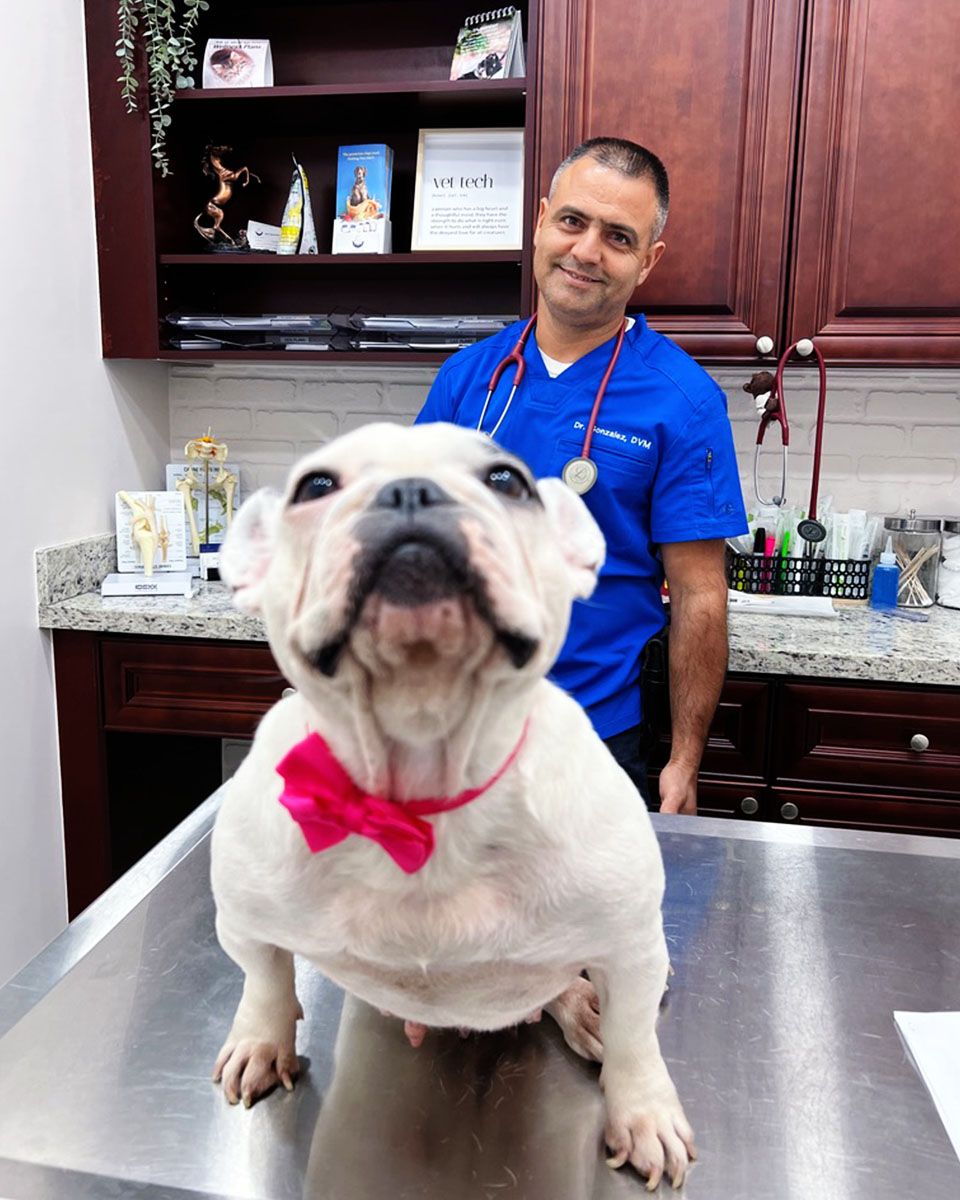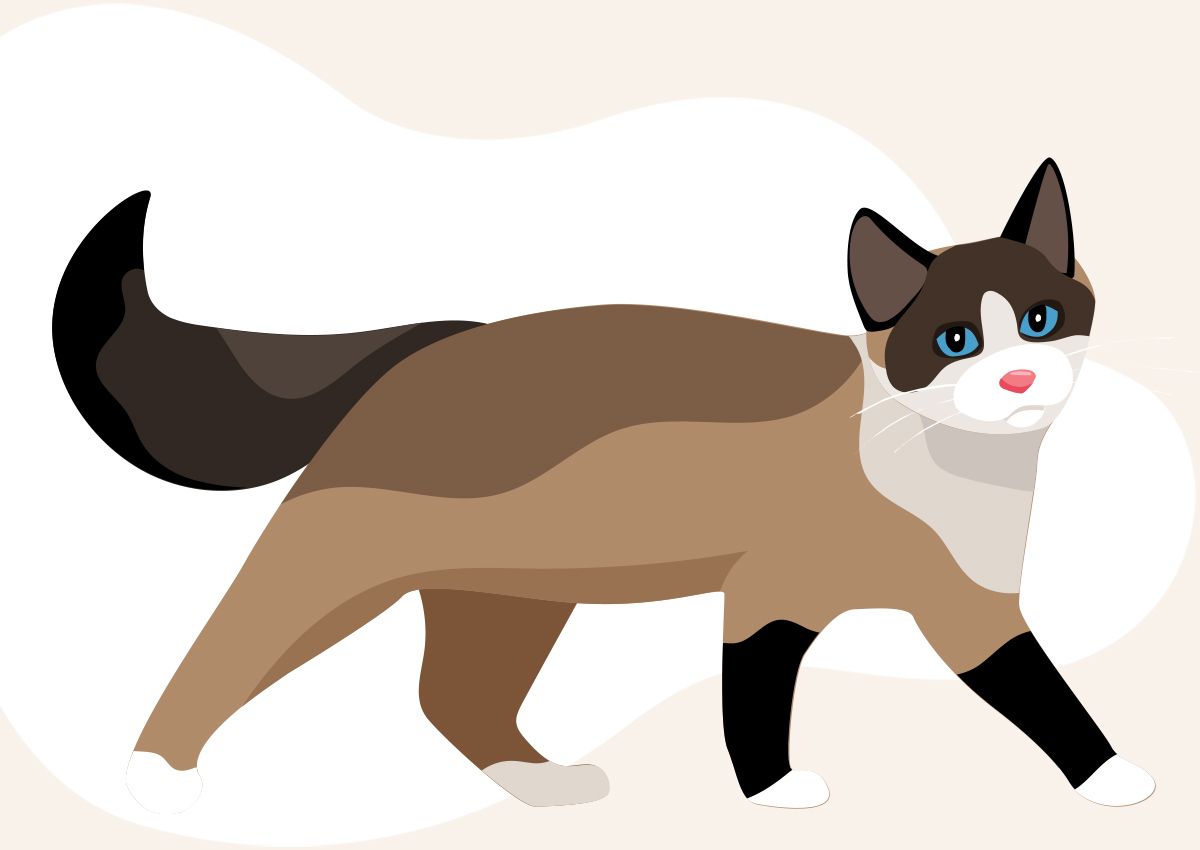
Pet Food Classifications:
The following pet food classifications are as defined by the Association of American Feed Control Officials (AAFCO):
By-products – Pet food that contains by-products that are declared clean and free from foreign substances and bodily waste.
Natural – Natural pet food is defined as having ingredients that are obtained entirely from plants, animals, and/or mined sources. Natural pet food is free from all chemical processing.
Organic* – Organic pet food is, at minimum, 95% produced and handled in observance of all USDA National Organic Program requirements.
*If advertised as 100% organic, then 100% of the ingredients (including additives) must be organic.
Remember that the classification of pet food does not necessarily determine its quality. While some manufacturers may promote their natural or organic foods as superior to those containing by-products, this is not always the case. In some instances, natural or organic foods may lack essential vitamins and minerals found in other types of pet food. The most important factor is providing your pet with a nutritious and well-balanced diet, which can be achieved through a variety of pet food options. If you are unsure which type of pet food is best for your furry friend, our veterinary staff is available to provide you with recommendations.
By-products – Pet food that contains by-products that are declared clean and free from foreign substances and bodily waste.
Natural – Natural pet food is defined as having ingredients that are obtained entirely from plants, animals, and/or mined sources. Natural pet food is free from all chemical processing.
Organic* – Organic pet food is, at minimum, 95% produced and handled in observance of all USDA National Organic Program requirements.
*If advertised as 100% organic, then 100% of the ingredients (including additives) must be organic.
Remember that the classification of pet food does not necessarily determine its quality. While some manufacturers may promote their natural or organic foods as superior to those containing by-products, this is not always the case. In some instances, natural or organic foods may lack essential vitamins and minerals found in other types of pet food. The most important factor is providing your pet with a nutritious and well-balanced diet, which can be achieved through a variety of pet food options. If you are unsure which type of pet food is best for your furry friend, our veterinary staff is available to provide you with recommendations.



